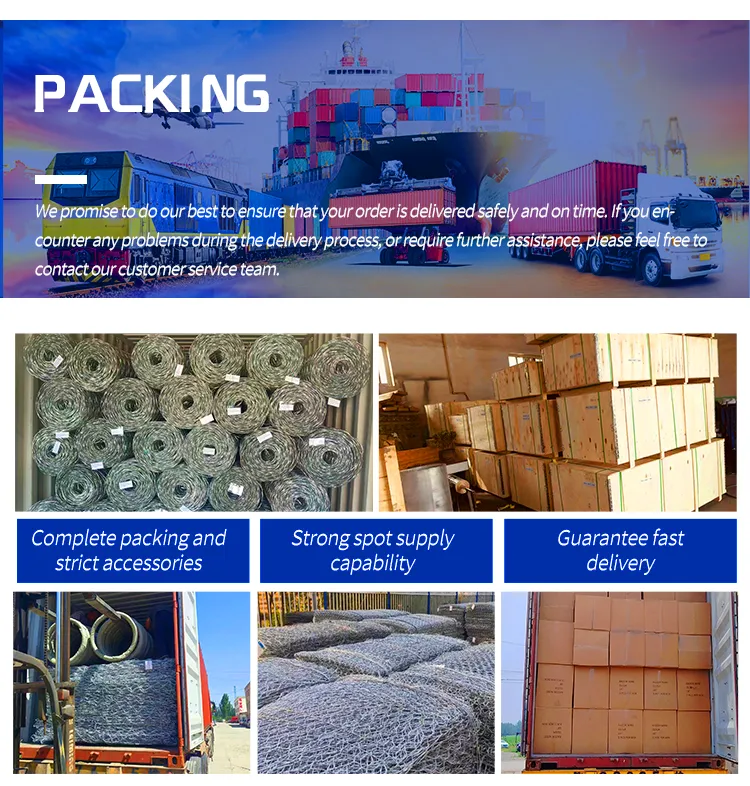-
 Phone:
Phone: -
 Email:
Email:

pvc automotive wire
The Role of PVC in Automotive Wiring A Comprehensive Overview
In the automotive industry, the significance of reliable wiring cannot be overstated. As vehicles become increasingly sophisticated, the complexity of their electrical systems continues to grow. Among the many materials used in automotive wiring, polyvinyl chloride (PVC) stands out as a preferred choice for insulation and protection. This article delves into the characteristics and advantages of PVC automotive wire, its applications, and the reasons behind its widespread use in the automotive sector.
Understanding PVC and Its Properties
Polyvinyl chloride, commonly known as PVC, is a synthetic plastic polymer made from the polymerization of vinyl chloride. Its popularity in various industries, including automotive, stems from its favorable properties. PVC is known for its excellent electrical insulation capabilities, chemical resistance, and durability. Additionally, it is lightweight, flexible, and cost-effective, making it ideal for a wide range of applications, especially in the automotive sector.
One of the key advantages of PVC as an insulating material is its high dielectric strength. This property allows PVC to effectively prevent electrical conductivity, safeguarding the integrity of vehicle wiring systems. Furthermore, PVC’s resistance to moisture, oils, and other chemicals ensures that automotive wires remain functional in diverse operating environments, contributing to the reliability and longevity of vehicle electrical systems.
Applications of PVC Automotive Wire
PVC automotive wire is used in various applications, ranging from the main power supply lines to the delicate connections required for electronic controls. It serves as insulation for multiple wire types, including primary, secondary, and specialty wires that cater to specific tasks within a vehicle. Common uses include
1. Power Distribution PVC insulated wires are used for connecting the battery to various electrical components, ensuring reliable power distribution throughout the vehicle. 2. Lighting Systems From headlights to interior lights, PVC wiring is essential in automotive lighting systems, allowing safe operation and vibrant illumination.
3. Control Systems Modern vehicles rely heavily on electronic control systems, including engine management and climate control. PVC wiring ensures these systems operate efficiently by providing reliable and stable connections.
pvc automotive wire

4. Safety Systems Safety features such as airbags, anti-lock braking systems (ABS), and electronic stability control systems all depend on PVC insulated wires. The material’s durability ensures these critical systems function effectively under various conditions.
Advantages of PVC in Automotive Wiring
- Cost-Effectiveness PVC is one of the most affordable insulation materials available, making it a cost-effective choice for automotive manufacturers aiming to keep production costs low.
- Ease of Processing PVC can be easily molded and extruded, allowing manufacturers to create wires in various shapes and sizes suitable for different applications.
- Flame Retardancy Many PVC formulations provide flame-retardant properties, contributing to vehicle safety by minimizing the risk of fire hazards in the event of electrical malfunctions.
- Environmentally Friendly Options Advances in technology have led to the development of eco-friendly PVC materials. These alternatives are designed to minimize environmental impact while retaining the beneficial properties of traditional PVC.
Conclusion
In summary, PVC automotive wire plays a crucial role in the modern vehicle’s electrical system. Its unique properties make it an ideal choice for insulation, connecting a wide range of electrical components that are essential for vehicle performance and safety. As the automotive industry continues to evolve, the use of PVC remains steadfast, ensuring that vehicles meet increasingly stringent performance and safety standards while maintaining cost efficiency. Whether it’s in traditional combustion engine vehicles or the latest electric models, PVC automotive wire is integral to the future of automotive innovation.
-
Wire Mesh for Every Need: A Practical SolutionNewsJul.25,2025
-
Steel Fences: Durable, Secure, and Stylish OptionsNewsJul.25,2025
-
Roll Top Fencing: A Smart Solution for Safety and SecurityNewsJul.25,2025
-
Cattle Farm Fencing Solutions for Maximum SecurityNewsJul.25,2025
-
Affordable Iron Binding Wire SolutionsNewsJul.25,2025
-
Affordable Galvanized Wire SolutionsNewsJul.25,2025
-
Wire Hanger Recycling IdeasNewsJul.25,2025








